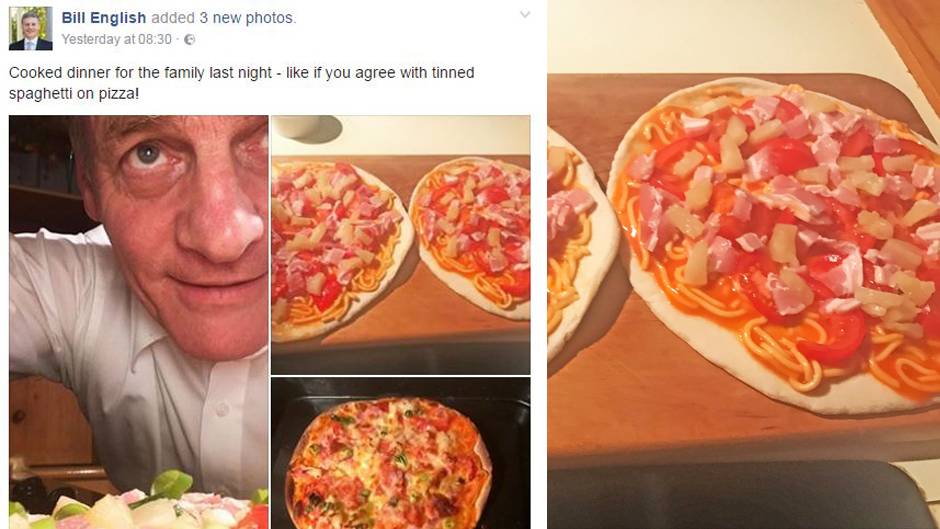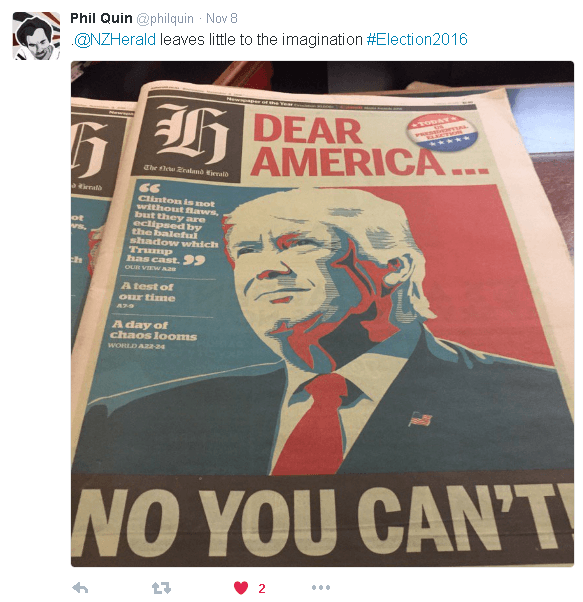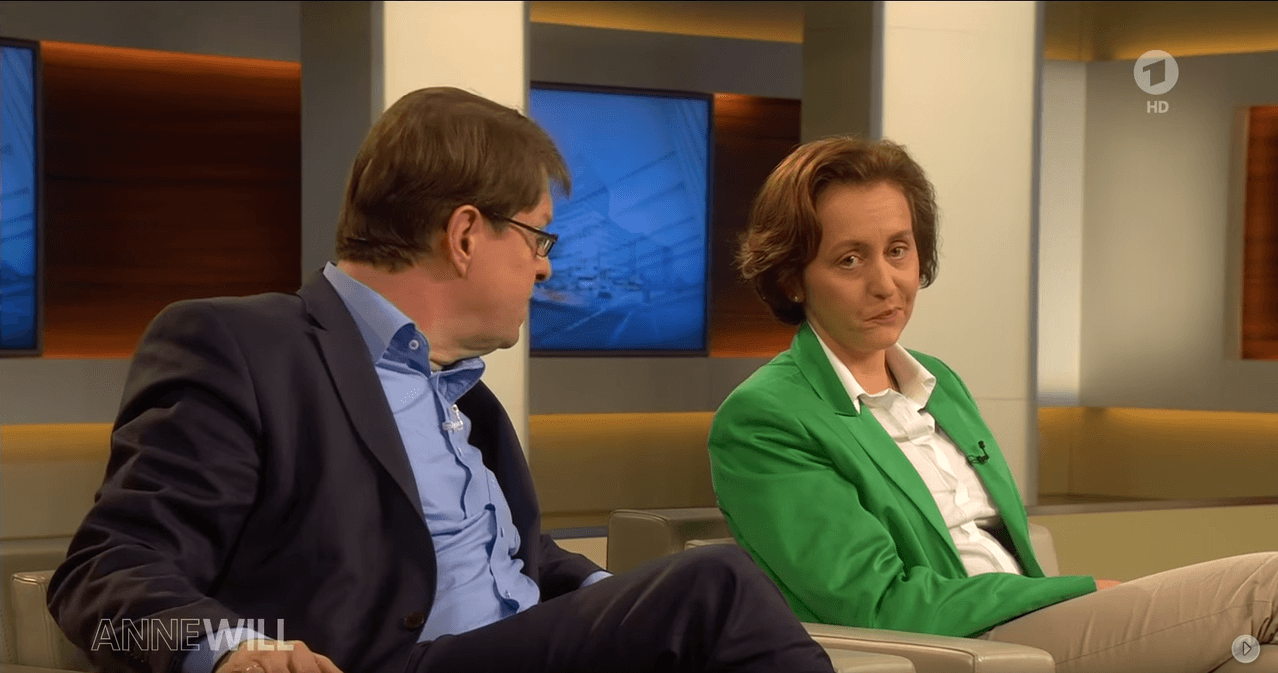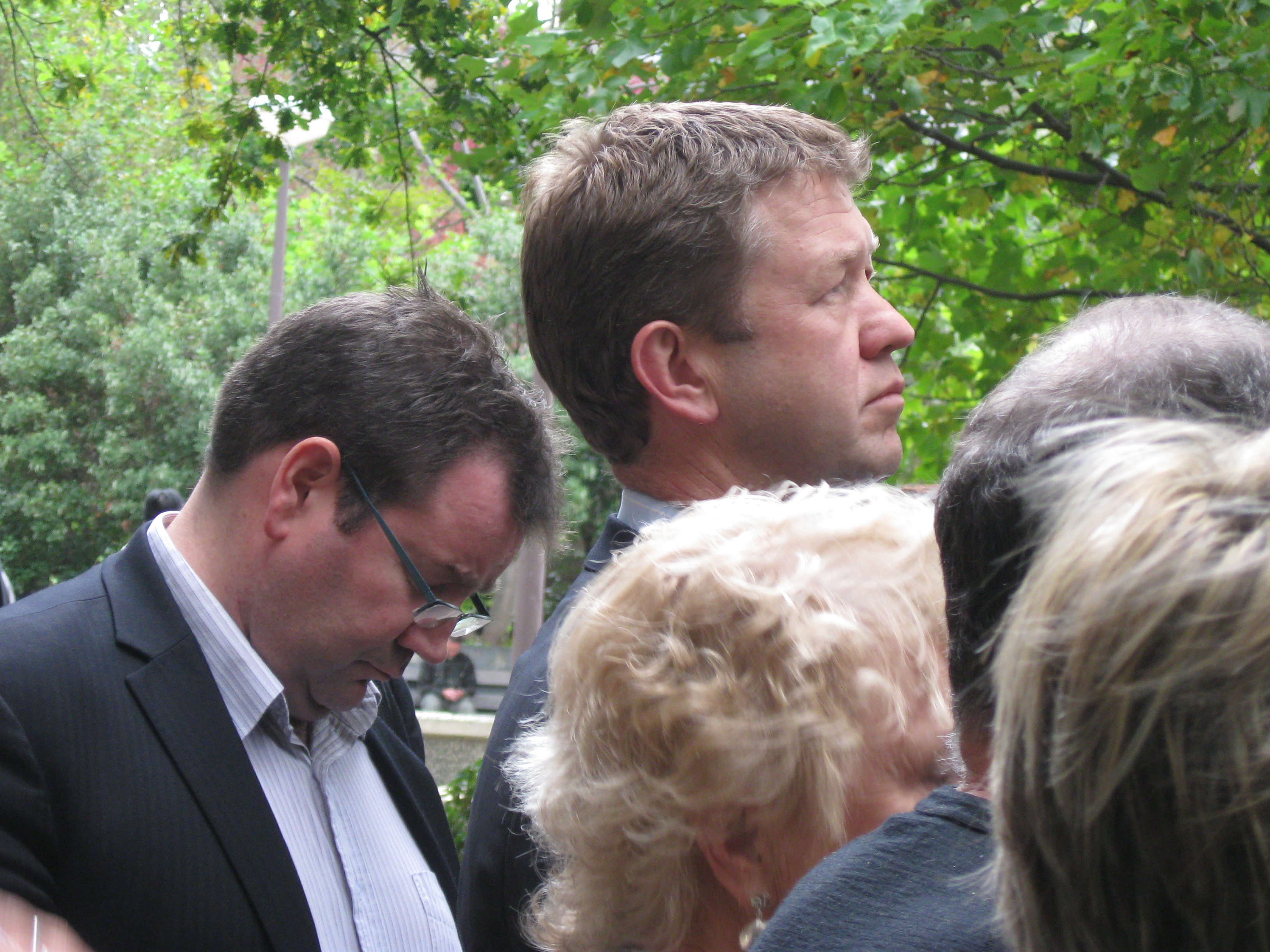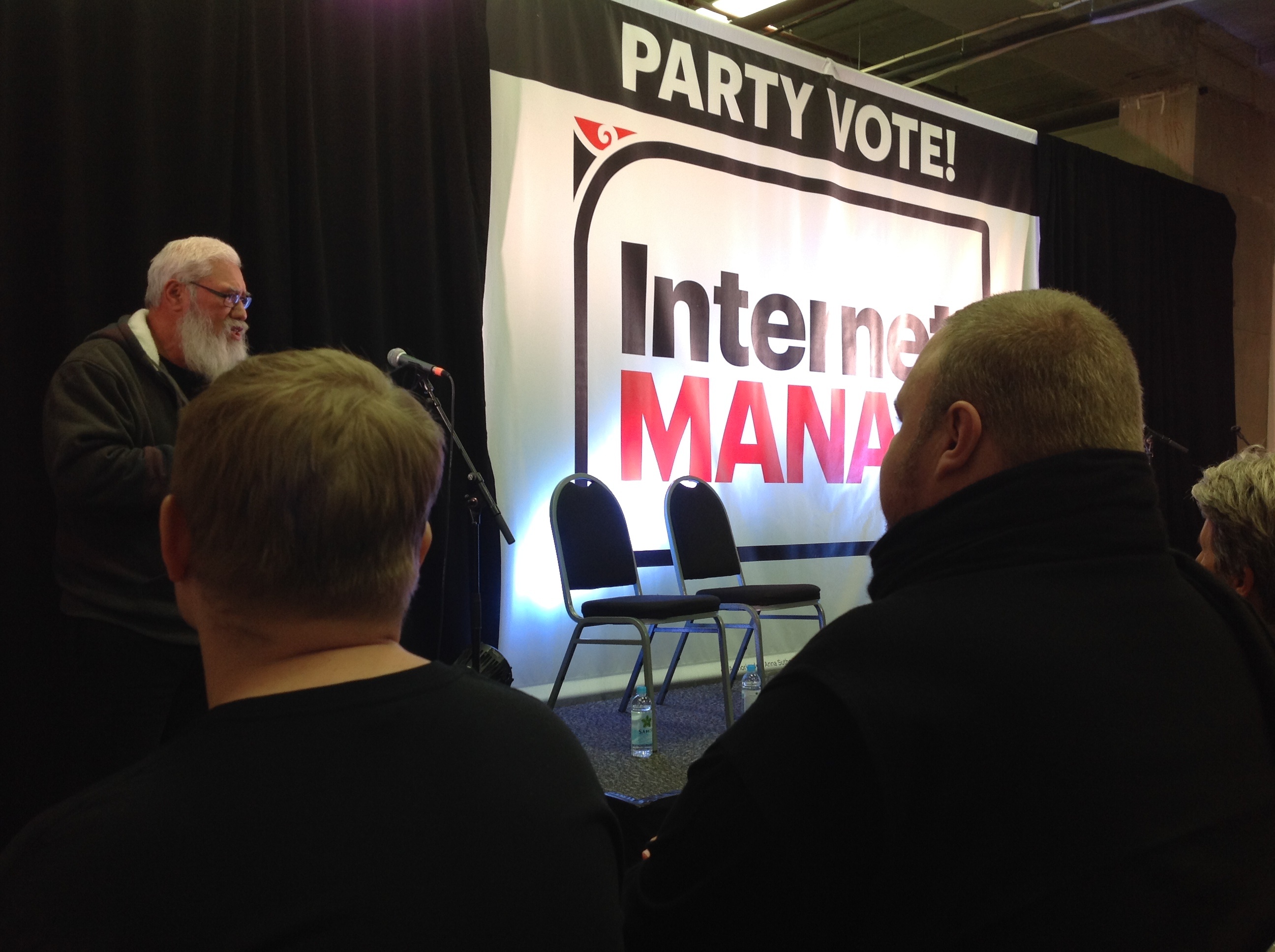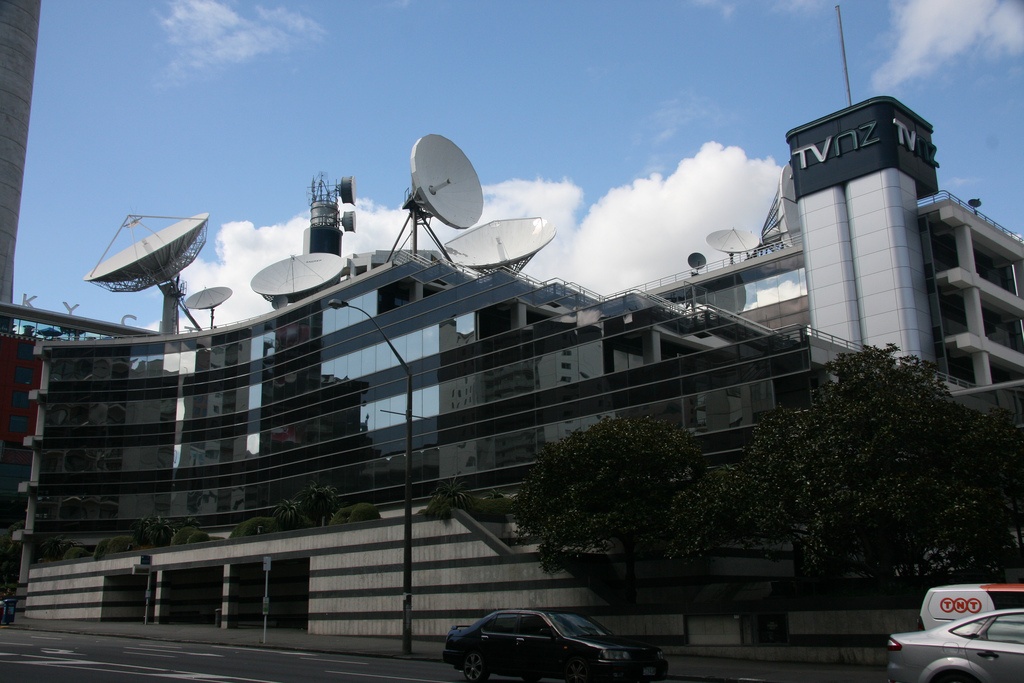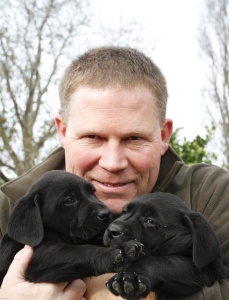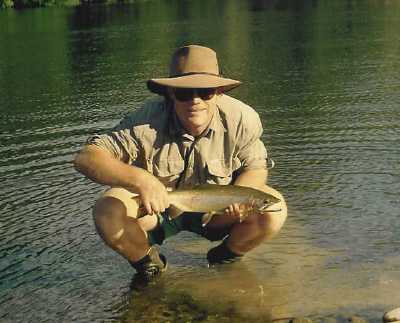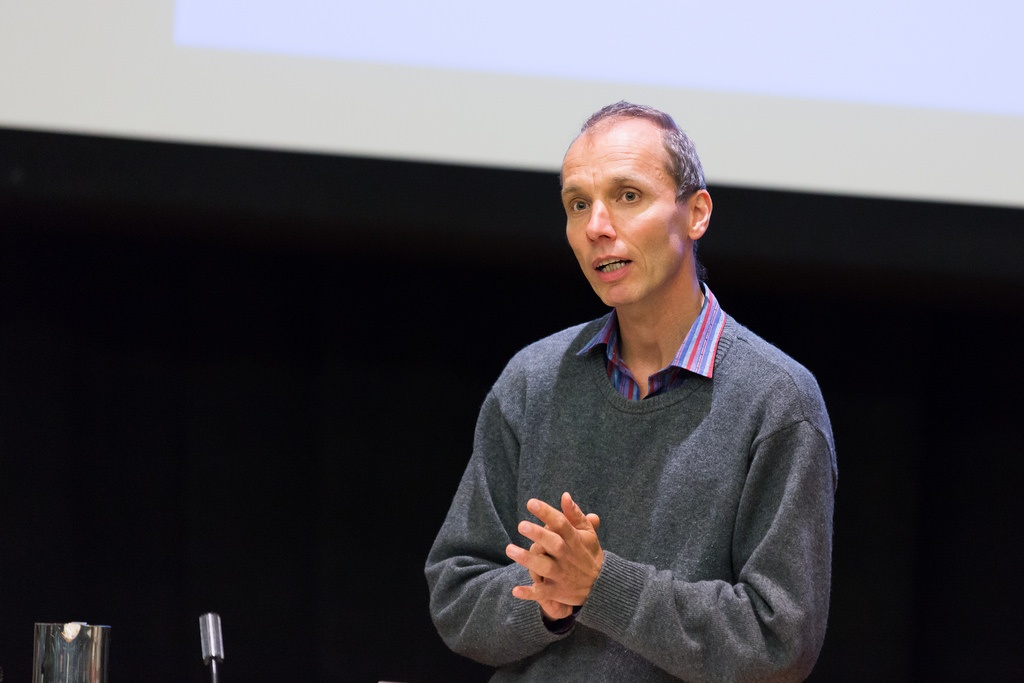Forget the spaghetti pizzas – it’s substance voters are looking for
Get ready for more spaghetti pizzas, selfies and walkabouts on university campuses. It’s that time again when politicians pull out all the stops to do what they think will make young people vote for them. How bad can it get? At the 2014 election, Kim Dotcom spent some $4m largely targeting the youth vote. Symbolic of this attempt was a series of dance party events called the “Party Party” – the most memorable outcome of which was Dotcom leading a “f**k John Key” chant. Internet Mana later used the chant in an online campaign video. But the party ended in...
